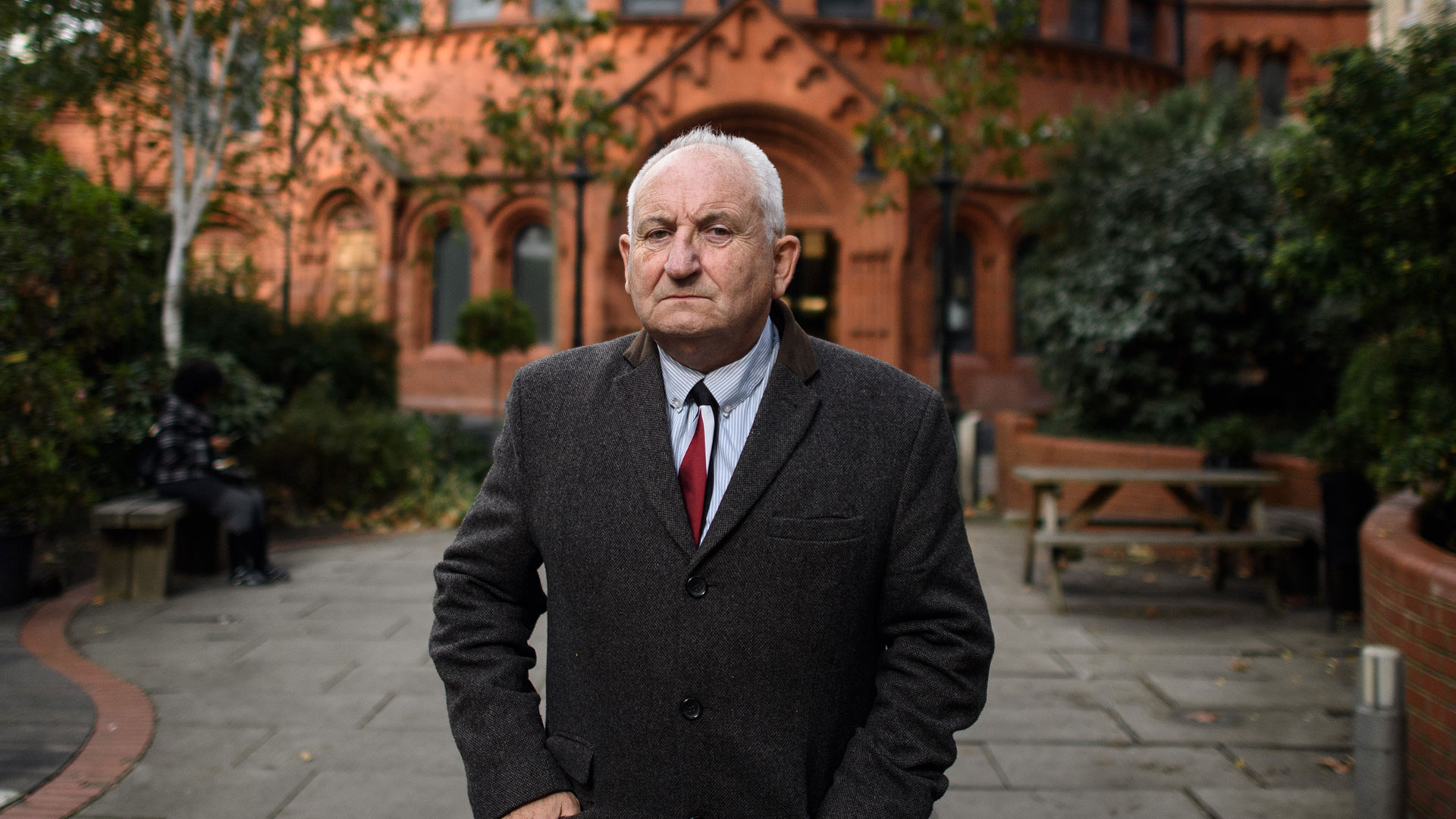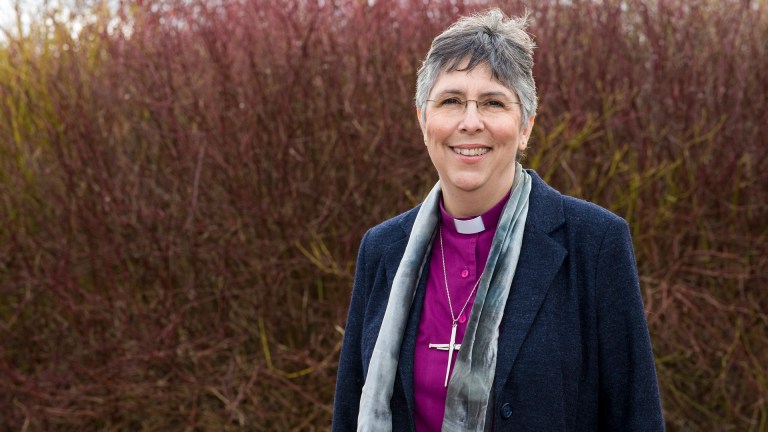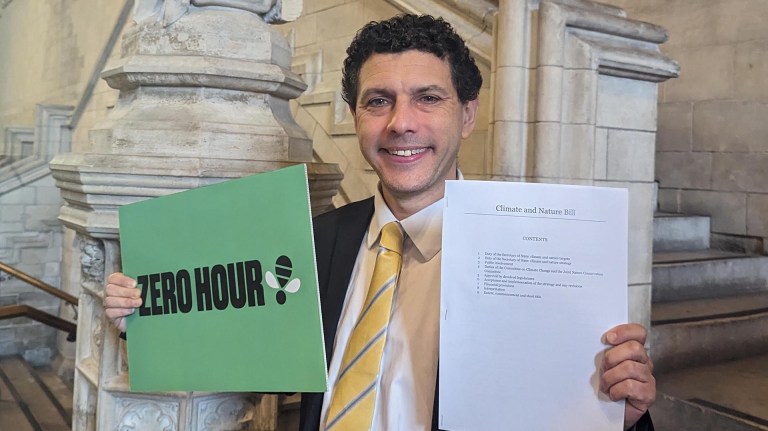Edward Colston’s statue was a meeting point to me and my Marxist comrades. We would meet in its shadow to decide which pubs we went to to sell our revolutionary newspapers around Bristol city centre. I was a temporary Bristolian with my girlfriend, and as we were both committed to the overthrow of capitalism, we had to have something to do to push the cause on.
Selling the Workers Press was the answer. Hence the meetings of the handful of revolutionaries in the shadow of the slave trader’s effigy. So central, so ‘essential’ you might say.
The revolution did not come. People went off to do other things. I got myself sorted out with the police, hence I had no need any longer to cringe in Bristol’s shadows. But every now and then I thought about those meetings. And that statue, but not as anything special.
Colston seemed to be everywhere. He was ‘Bristol’, it seemed. He had the big hall, called Colston Hall, named after him. And then there had been hospitals and schools and orphanages. He seemed to have done much for the ordinary people of Bristol. And in the late 19th century they put up a statue to him that lasted, on its city centre pedestal, until last weekend. But was Colston, as he had been painted, ‘essential’ Bristol? Was he really the historical person you wanted standing ad infinitum to represent the best of Bristol? In the very centre of the city?
The city fathers seemed convinced that his good must have outweighed his evil. Or so it would seem, for they pooh-poohed all attempts to remove it, or even provide a plaque that explained, as a nota bene, Colston’s heinous means of profitable extraction.
Whilst in Bristol to turn a penny I used to knock on doors selling prints of the SS Great Britain, unable to get a job due to my illegal status. It was a print of Isambard Kingdom Brunel’s massive steamship. A railway builder who had built the great Great Western Railway, his ambition was that you would travel on his railway line to the far west, and then set off on the SS Great Britain to America. A true – almost global – link in iron. A girdle around the Earth. Alas it didn’t work and it ended up as a hulk in the Falkland Islands. Brought back to a Bristol dock in the late ’60s. I was a part of the team of people selling prints around the doors of the old boat; only later to find out that only 3p, a mere nothing of the 75p charged, got to the reformation of the wreck. In protest I left and transferred to going round doors instead, selling brooms and dustpans and brushes for Betterware; all in a full range of garish colours. That alas was not as profitable as the mighty prints of the mighty SS Great Britain, even if it was a con.










